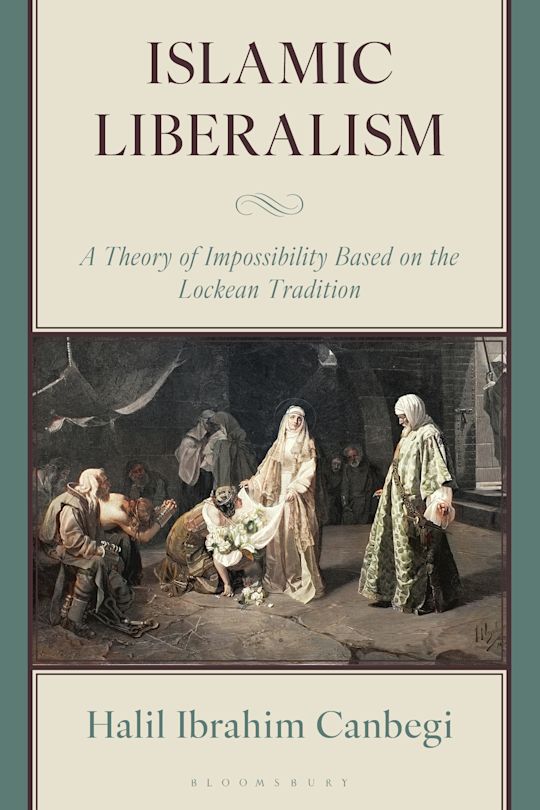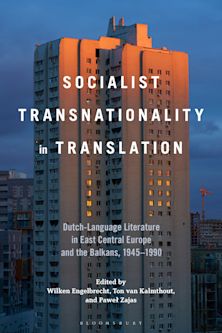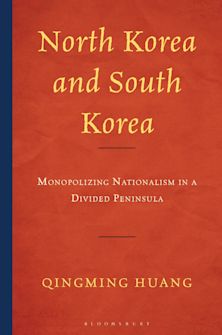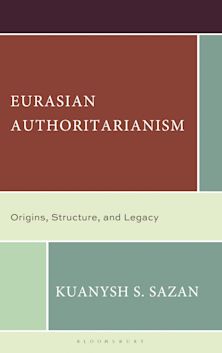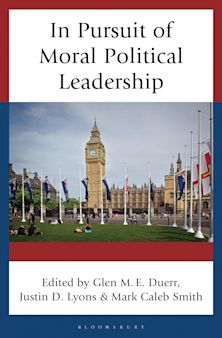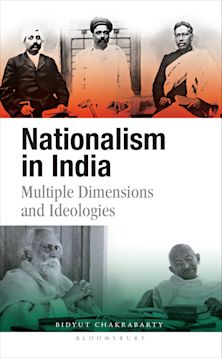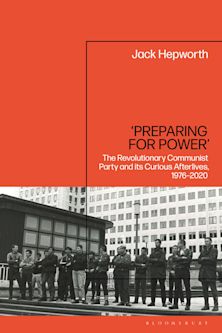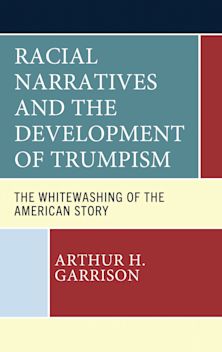Islamic Liberalism
A Theory of Impossibility Based on the Lockean Tradition
Islamic Liberalism
A Theory of Impossibility Based on the Lockean Tradition
This product is usually dispatched within 10-14 days
- Delivery and returns info
-
Free UK delivery on orders £30 or over
Description
In Islamic Liberalism: A Theory of Impossibility based on the Lockean Tradition, Halil Ibrahim Canbegi investigates the inherent inconsistencies of Islamic liberalism by examining the philosophical and theological foundations of both liberalism and Islam. Canbegi draws on Lockean liberalism, asserting that John Locke's emerging liberalism is deeply rooted in theological concepts such as covenant theology, natural law, and the distinctive nature of Christianity itself. In contrast, the author argues that Islam lacks the necessary theological and intellectual framework to develop a coherent version of liberalism, often termed Islamic liberalism. Canbegi maintains that this concept merely represents a superficial juxtaposition of Islam and liberalism, rather than a genuine synthesis. Ultimately, the author concludes that Islamic liberalism is merely a heterogeneous amalgamation of Islamic and liberal ideas, which do not combine into a unified whole. This critical analysis challenges prevailing notions and invites readers to reconsider the complex relationship between these two influential systems of thought.
Table of Contents
Chapter 2: Locke's Liberalism and Natural Rights
Chapter 3: Islamic Natural Law: A Rudimentary Quest for Reason
Chapter 4: Lockean Rights in Islam and Islamic Liberalism
Chapter 5: Is Islamic Liberalism Sufficiently Islamic and Liberal?
Product details

| Published | 10 Jul 2025 |
|---|---|
| Format | Hardback |
| Edition | 1st |
| Extent | 230 |
| ISBN | 9781666966985 |
| Imprint | Bloomsbury Academic |
| Illustrations | 0 tables |
| Dimensions | 229 x 152 mm |
| Publisher | Bloomsbury Publishing |
Reviews

ONLINE RESOURCES
Bloomsbury Collections
This book is available on Bloomsbury Collections where your library has access.









